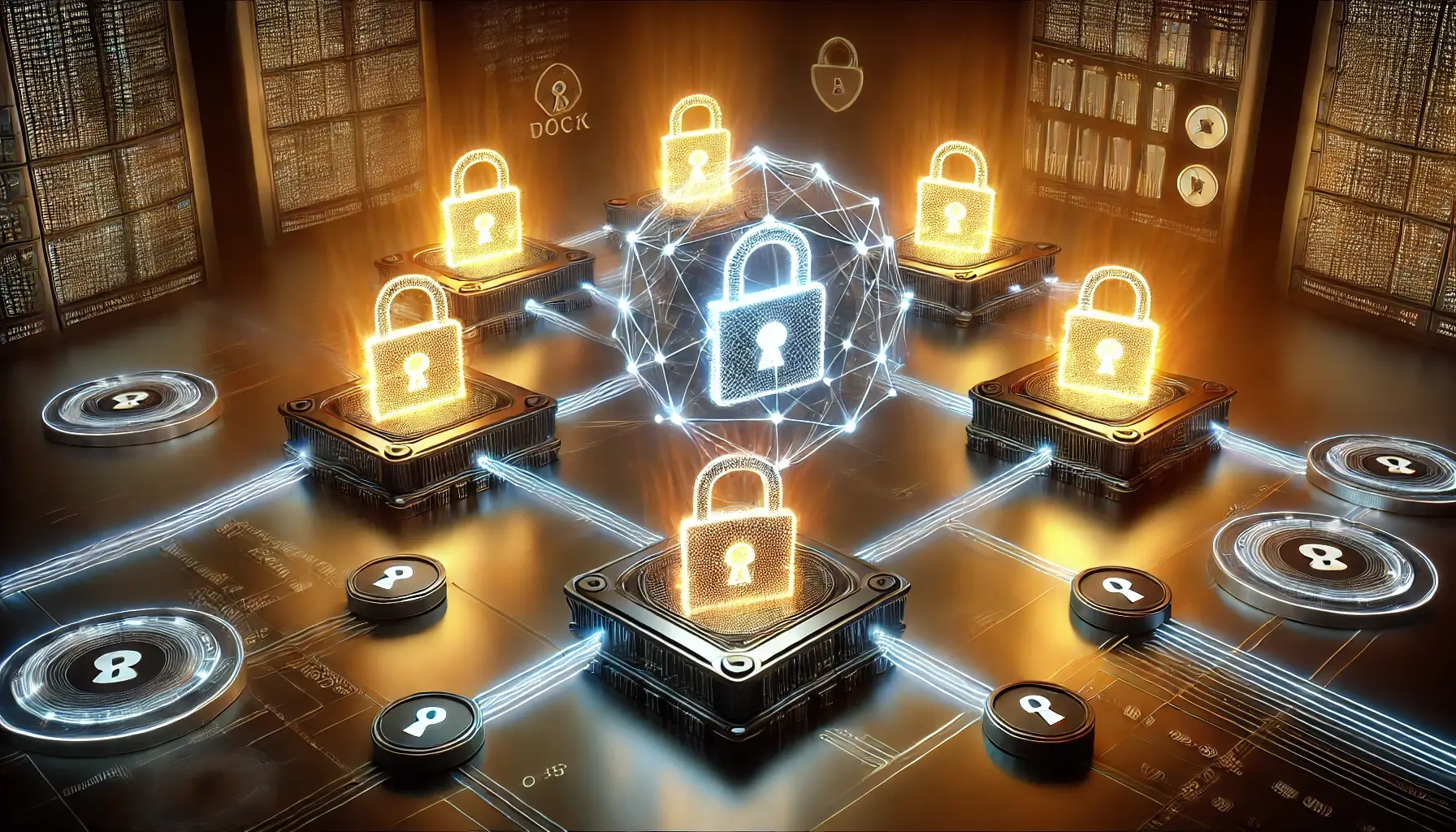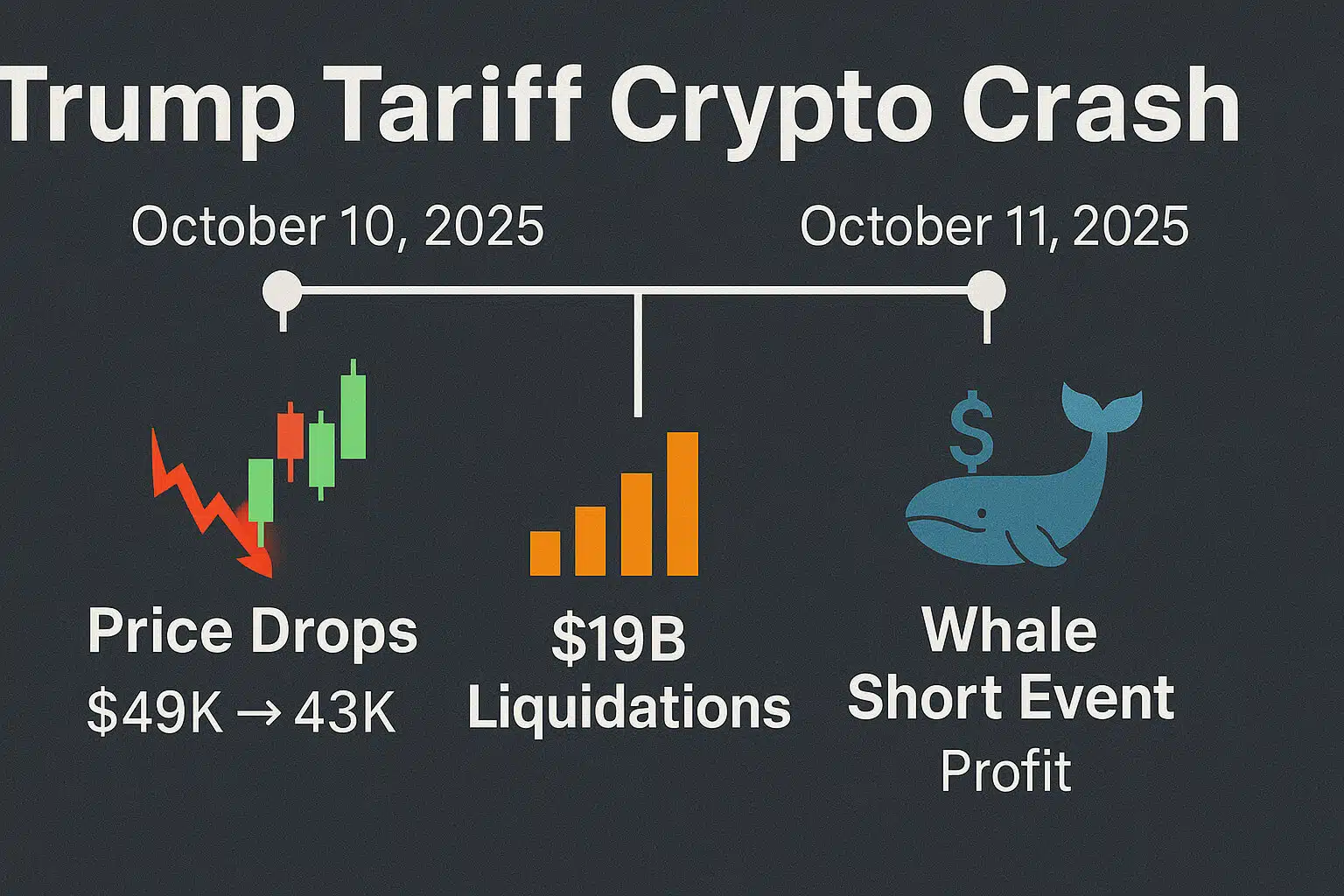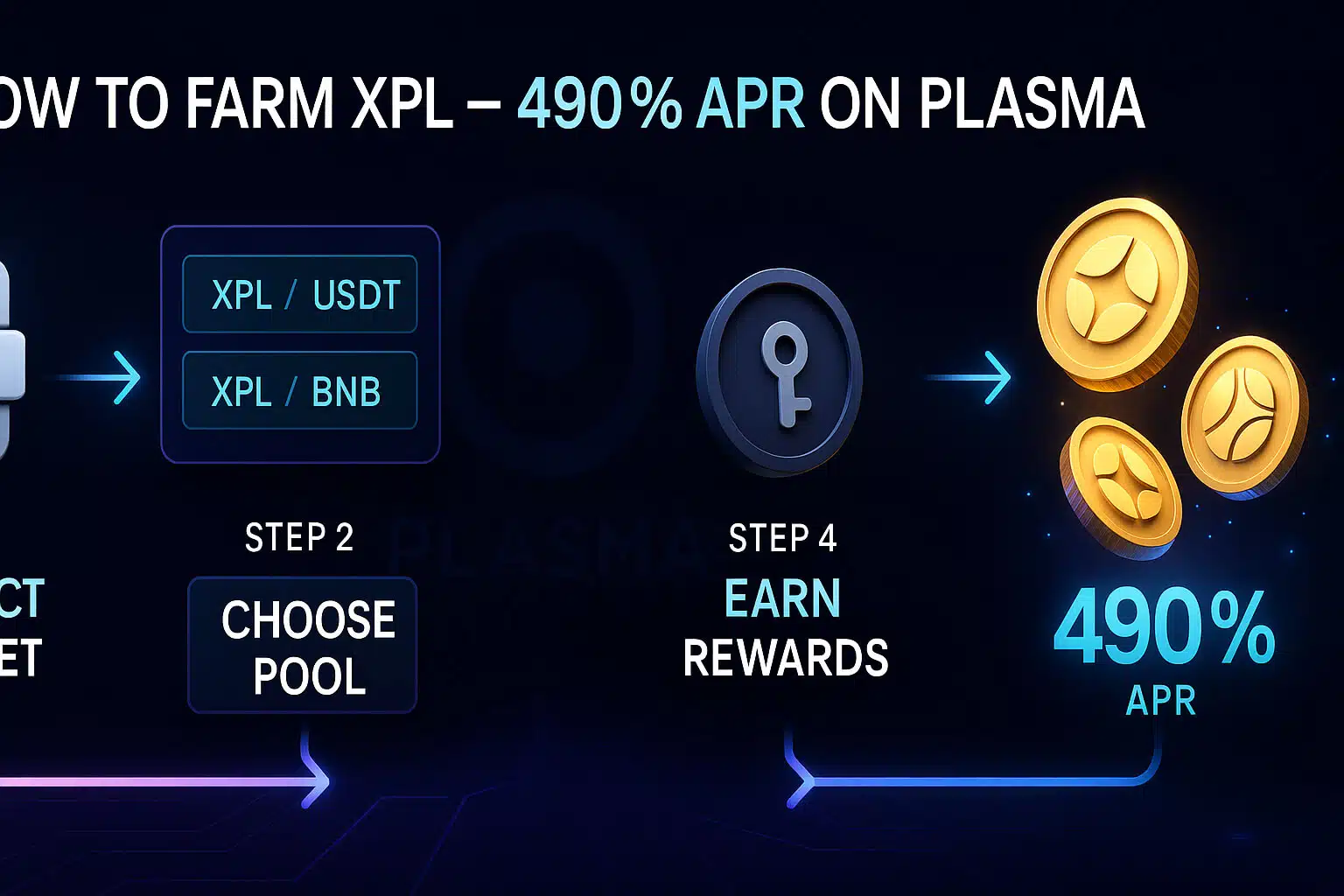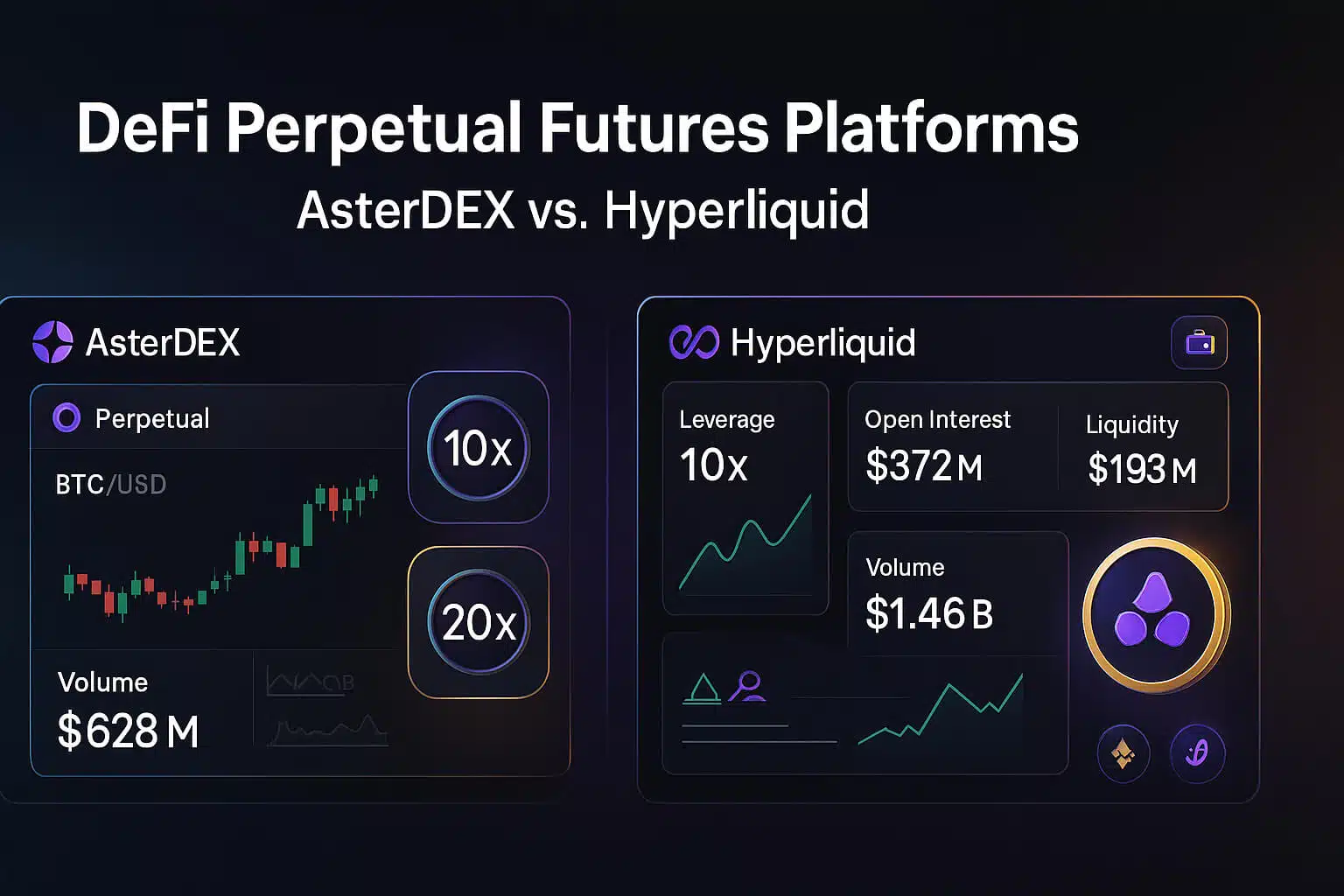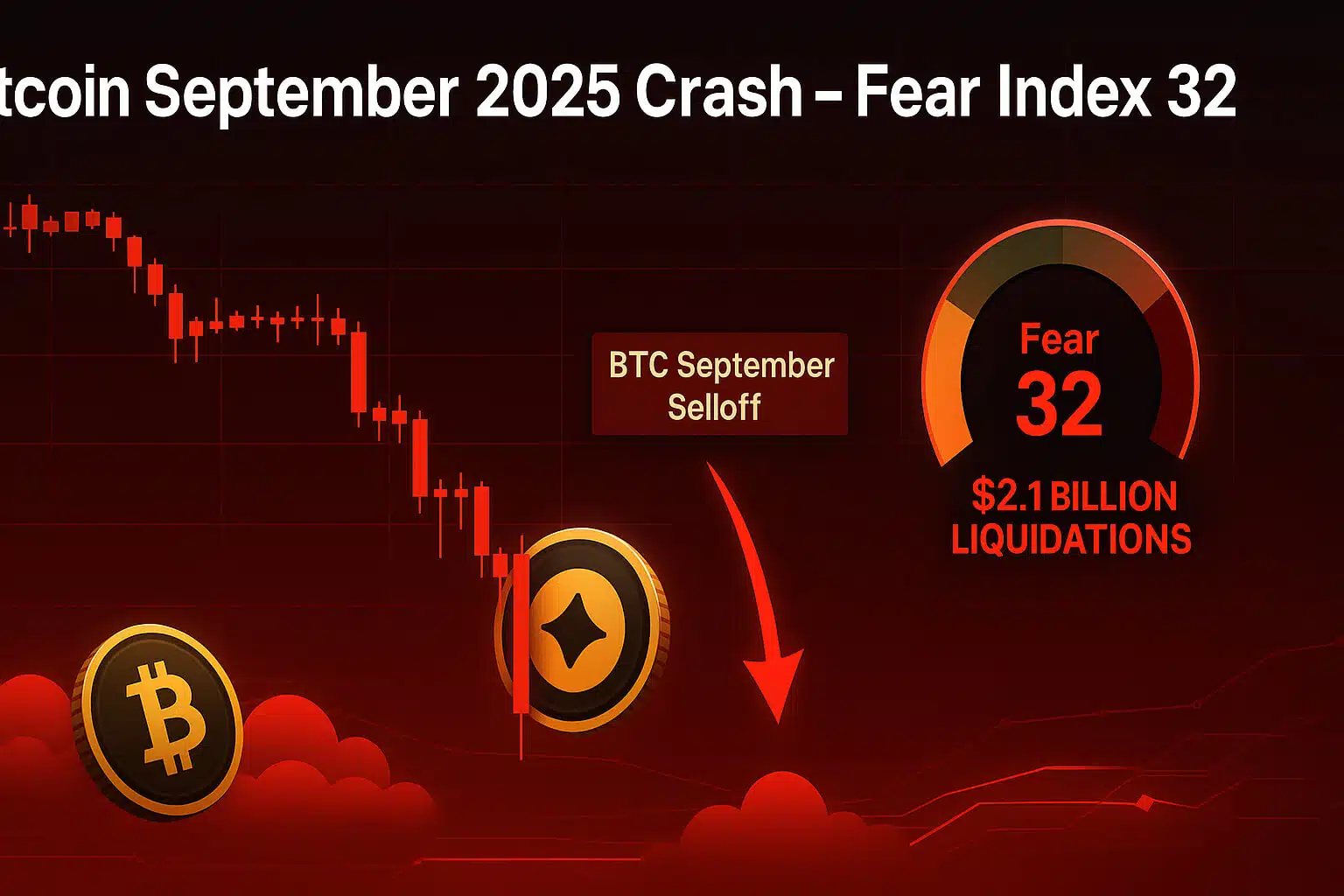How Blockchain Is Enhancing Data Privacy and Security: The Future of Personal Data Protection
Introduction
In today’s digital world, data breaches have become alarmingly common, causing major concerns about privacy and security. Personal information constantly faces threats from cyberattacks, leaving individuals and businesses vulnerable. Although traditional security systems aim to safeguard data, they often fall short. Enter blockchain technology, a decentralized, secure solution that is reshaping the way we think about data privacy.
Initially developed for cryptocurrencies like Bitcoin, blockchain is now being recognized for its potential to revolutionize how we protect personal information. With its tamper-proof structure and encryption features, blockchain offers a more secure and private way to manage data. In this blog, we’ll explore how blockchain is transforming data privacy and security.
Current Challenges in Data Privacy and Security
Before blockchain’s introduction, traditional data security systems faced many challenges:
- Centralized Data Storage: Most data systems rely on centralized servers, making them easy targets for hackers. A single breach can expose millions of records.
- Lack of Data Ownership: Users often surrender control of their personal information to companies, which store and use it without clear consent.
- Frequent Data Breaches: In 2022, over 1,800 data breaches in the U.S. compromised millions of personal records. These incidents expose the weaknesses in existing security frameworks.
- Transparency Issues: Individuals rarely know how their data is being used or whether it has been compromised. Privacy policies are often buried in lengthy terms and conditions.
Blockchain offers solutions to these problems by decentralizing data storage, giving users control over their personal information, and ensuring transparency.
How Blockchain Enhances Data Privacy and Security
Blockchain’s unique features—decentralization, encryption, and immutability—provide a fresh approach to improving data privacy and security. Here’s how blockchain ensures your data stays secure:
1. Decentralized Data Storage
Traditional data systems store information on centralized servers, making it easy for hackers to breach and access sensitive data. Blockchain takes a different approach by distributing data across a network of computers (nodes), ensuring no single point of failure.
How It Works:
- Dispersed Data Storage: Instead of housing data in one location, blockchain spreads it across multiple nodes. Hackers would need to compromise a majority of the network to access or alter information.
- Tamper-Proof Records: Once entered, data on the blockchain cannot be changed or deleted. This makes unauthorized access and alterations nearly impossible.
By decentralizing data storage, blockchain significantly reduces the risks of mass data breaches. For more insights on how blockchain enhances security, check out our post on The Role of Blockchain in Enhancing Cybersecurity.
2. Giving Users Control Over Personal Data
Unlike traditional systems, blockchain empowers users by allowing them to manage their personal information directly. Instead of handing over data to companies, individuals control who accesses their data and how it’s used.
How It Works:
- Self-Sovereign Identity: Blockchain enables individuals to create digital identities where they control access to their personal information. They can choose who can see their data and revoke access when needed.
- Selective Data Sharing: Rather than giving away all personal details, users can share only what’s necessary. For example, you can prove you’re over 18 without sharing your exact birthdate.
This shift in control helps users protect their privacy while still accessing services that require personal data. Know more on How Blockchain Is Enhancing Data Privacy and Security.
3. Advanced Data Encryption
Blockchain uses strong cryptographic techniques to secure data, ensuring that even if someone gains access to the network, they won’t be able to read sensitive information without the right decryption keys.
How It Works:
- Public and Private Keys: Blockchain generates a pair of keys—one public and one private. While the public key allows data encryption, only the private key can decrypt it. This ensures data remains secure and accessible only to authorized users.
- Data Anonymity: Blockchain can anonymize transactions, ensuring that while the transaction itself is recorded, the parties involved remain private.
This level of encryption guarantees that personal data stays safe, even if someone tries to access the blockchain.
4. Ensuring Transparency and Accountability
Blockchain excels at balancing transparency with privacy. Every transaction or data entry is recorded on the blockchain, creating an immutable audit trail. While this may sound like a privacy concern, blockchain allows transparency while maintaining anonymity.
How It Works:
- Immutable Records: Blockchain’s ledger records every transaction, creating a permanent and auditable trail. Although the transaction is visible, personal details remain encrypted.
- Real-Time Auditing: Blockchain enables organizations to audit transactions in real-time. This ensures accountability, as any unauthorized access or manipulation becomes immediately visible.
Blockchain’s transparency builds trust between individuals and organizations, ensuring that data is handled securely.
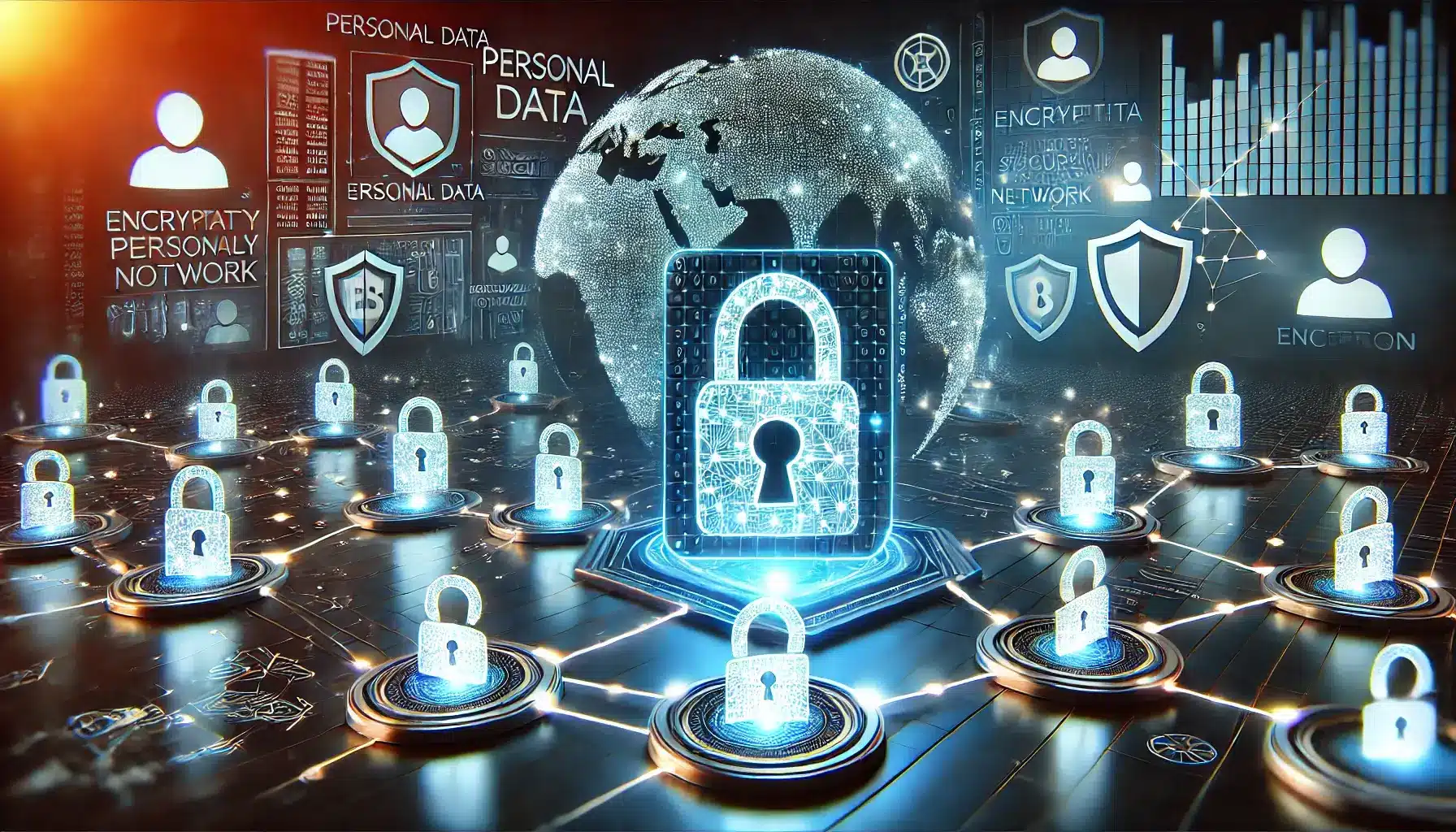
Real-World Applications of Blockchain for Data Privacy and Security
Several companies are already implementing blockchain to enhance data security and privacy. Let’s look at a few examples:
1. Civic: Decentralized Identity Verification
Civic is a blockchain-based platform that helps users verify their identities without giving up control of their data. Businesses can authenticate users securely, while users retain ownership of their information.
2. Datum: Secure Data Marketplace
Datum offers a blockchain-based platform where users can securely store their personal data. They can also choose to share or sell their information to companies, putting control back in the hands of users.
3. uPort: Self-Sovereign Identity Management
uPort allows users to manage their digital identities on the blockchain, letting them control who can access their personal data and under what conditions. This system gives users unprecedented control over their privacy.
These platforms demonstrate how blockchain is already reshaping the way we secure and manage personal data.
Challenges in Adopting Blockchain for Data Privacy
While blockchain holds tremendous potential, certain challenges remain in fully adopting the technology for data privacy and security:
- Regulatory Compliance: Blockchain’s decentralized nature sometimes conflicts with regulations like the General Data Protection Regulation (GDPR), which requires the ability to delete or modify data.
- Scalability Issues: As blockchain networks grow, they face challenges in scaling efficiently while maintaining high levels of security.
- User Education: Many people don’t fully understand how blockchain works, making education and awareness critical to successful adoption.
However, as blockchain technology continues to evolve, these challenges will likely diminish, making it easier for individuals and organizations to implement blockchain-based security solutions.
The Future of Blockchain in Data Privacy and Security
As data breaches increase and privacy concerns grow, blockchain offers a promising solution. Its decentralized storage, advanced encryption, and focus on user control make it ideal for securing personal information in the digital age.
Blockchain’s role in protecting data extends beyond privacy—it’s already transforming industries like healthcare and supply chain management. As more sectors adopt blockchain, its ability to protect personal data will only strengthen.
Conclusion
Blockchain is transforming the way we secure and manage data by decentralizing storage, enhancing encryption, and giving users full control over their personal information. These advances offer a more secure alternative to traditional systems, making data privacy and security more robust. As blockchain continues to grow in adoption, we’ll likely see personal data becoming more secure, private, and user-controlled.
FAQs
1. How does blockchain improve data security?
Blockchain improves data security by decentralizing data storage, using encryption to protect personal information, and creating tamper-proof records that cannot be altered.
2. Can blockchain prevent data breaches?
Blockchain makes it harder for hackers to breach large amounts of data due to its decentralized structure and strong encryption, significantly reducing the risk of data breaches.
3. How does blockchain give users control over their data?
Blockchain allows users to manage their data through self-sovereign identities, enabling them to grant or revoke access to their personal information.
4. Are there real-world examples of blockchain for data privacy?
Yes! Platforms like Civic, Datum, and uPort already use blockchain to enhance data privacy, allowing users to control their personal information securely.
For more insights and detailed guides on cryptocurrency, visit our Crypto Guides Section.
Stay Updated
For the latest updates on cryptocurrency trends and news, follow us on:
- Twitter: https://twitter.com/FreeCoins24
- Telegram: https://t.me/freecoins24
Stay informed with the latest strategies and insights in the world of cryptocurrency at FreeCoins24.io.
Special Offer
For an enhanced trading experience, consider Bybit. Sign up through our referral link to unlock exclusive rewards, including up to $30,000 in deposit bonuses, and elevate your trading journey.



